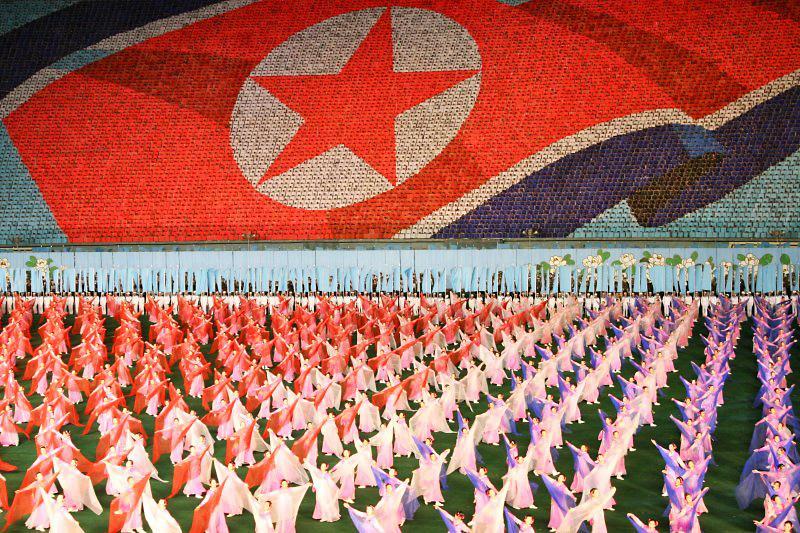
Behind the Bamboo Curtain: Students Hop Over to Pyongyang
Outside of her tour bus, Yi Yin, a junior at Brown, faced the wrath of a North Korean soldier as he examined every single one of the photos she had taken during her few days in the country.
“He got very angry, and I was very upset. He made one of our tour guides cry,” she said, recounting this particularly memorable experience from her 10-day trip with the P’yongyang Project, an organization that leads trips to North Korea for students and anyone else interested in the region.
In this particular case, the group had been taking a day trip to the Demilitarized Zone when the soldier spotted Yin taking a photograph, something forbidden to do from the bus lest the tourists document undesirable aspects of the countryside. It was an apt reminder of the darker side of life in North Korea. Jieun Baek ’10, who as founder of the Harvard organization Human Rights in North Korea, has spoken to many North Koreans who managed to leave the country, explained the grim threat that lurks under everyday life. “Whatever you do can be labeled as treasonous,” she said. “You are never guaranteed security as an individual or a family.”
Nonetheless, the trip had its positives. Yin’s experience was rattling, but even with other soldiers it was different: “There was a very nice and generous, even open-minded soldier who talked a lot with us and asked very interesting questions,” said Yin. “It was a very engaging experience, very interactive.” And in the end, Yin gushed about how much she loved the experience of visiting North Korea.
What is the powerful draw to a program like this? “A lot of people come with a lot of preconceptions,” said P’yongyang Project co-founder Matthew C. Reichel. “The one thing we like to tell people is to be inquisitive observers, feel free to ask questions, but be respectful. And understand that North Korea is a very unique place, and they have a very unique culture and a very unique political system.”


